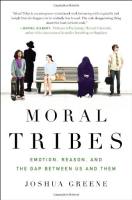
This summary is no longer available
We suggest you have a look at these alternatives:Related Summaries
Book
Book
Book
Book







